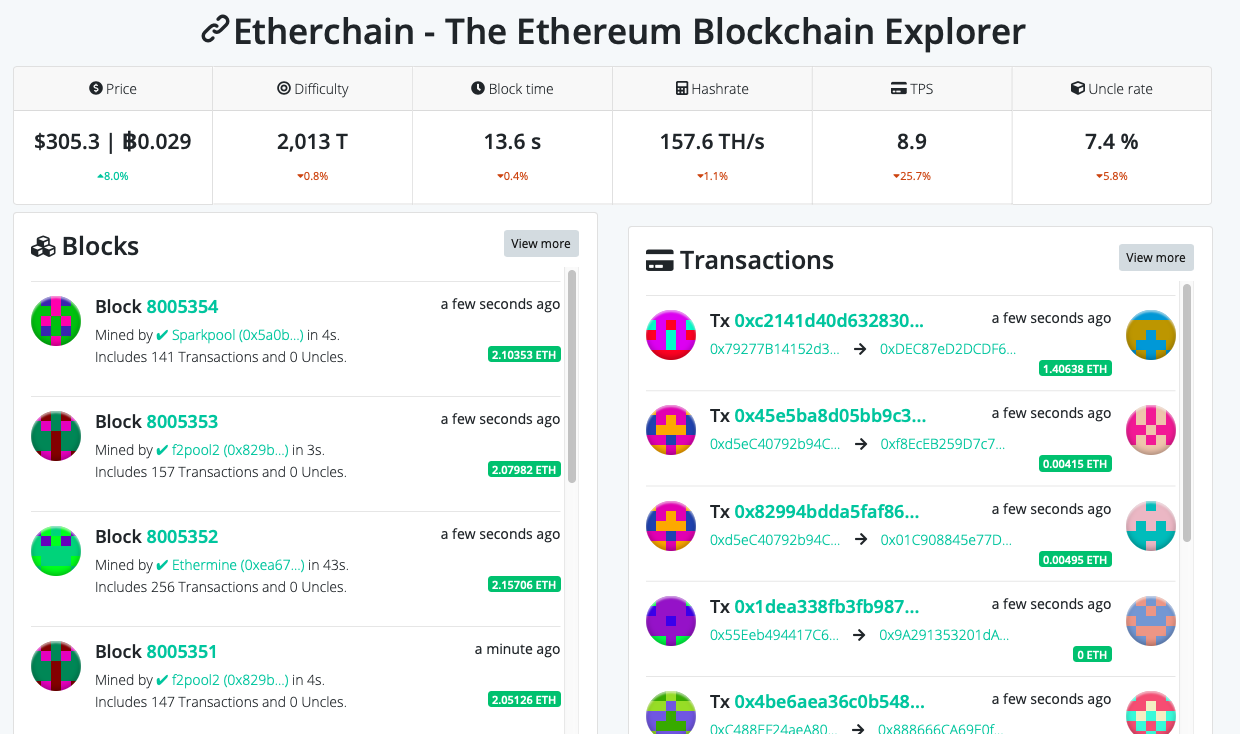Once stored how do you download the data back onto your desktop?
Every Ethereum transaction is publicly viewable. All you need is a viewer. Like this one for example.
How much would this cost exactly in ether/gas/fiat at todays prices?
It doesn't work like that.
You can fetch in real time, the current transaction pricing data here.
Your question implies a centralized pricing model. For example, in traditional centralized transactions (e.g., credit cards, wire transfers, ECH, etc.), the price is set by the payment processor. But the Ethereum network is decentralized. So it works in reverse fashion compared to the centralized model.
There is no single payment processor. Instead, there is a network of competing processors called "miners." Miners invest computing time and resources necessary to solve the math problem required to confirm and complete any given transaction.
Under this model, the sender sets the price with an offer to the network (miners). The Ethereum network responds to the price offered (which is a defacto incentive for the miners to solve the math problem necessary to hash a block) with a transaction. The time it takes to complete a transaction is correlated to the inverse of the price offered by the sender. i.e., The higher the price offered, the more priority that transaction will receive by the miners and, therefore, the less time the transaction will take to complete.
The above site tracks and reports the current transaction times at common given price points.


